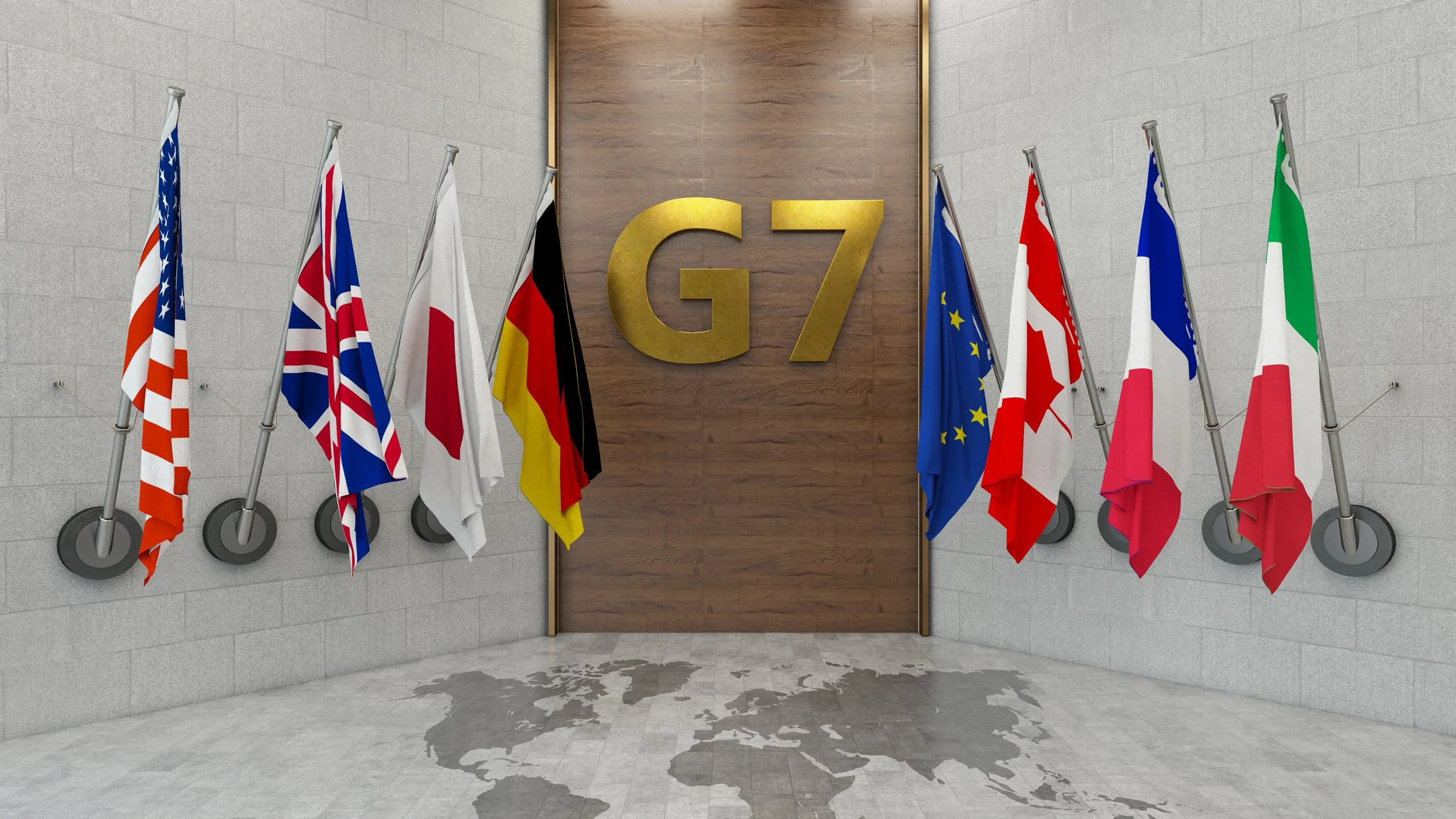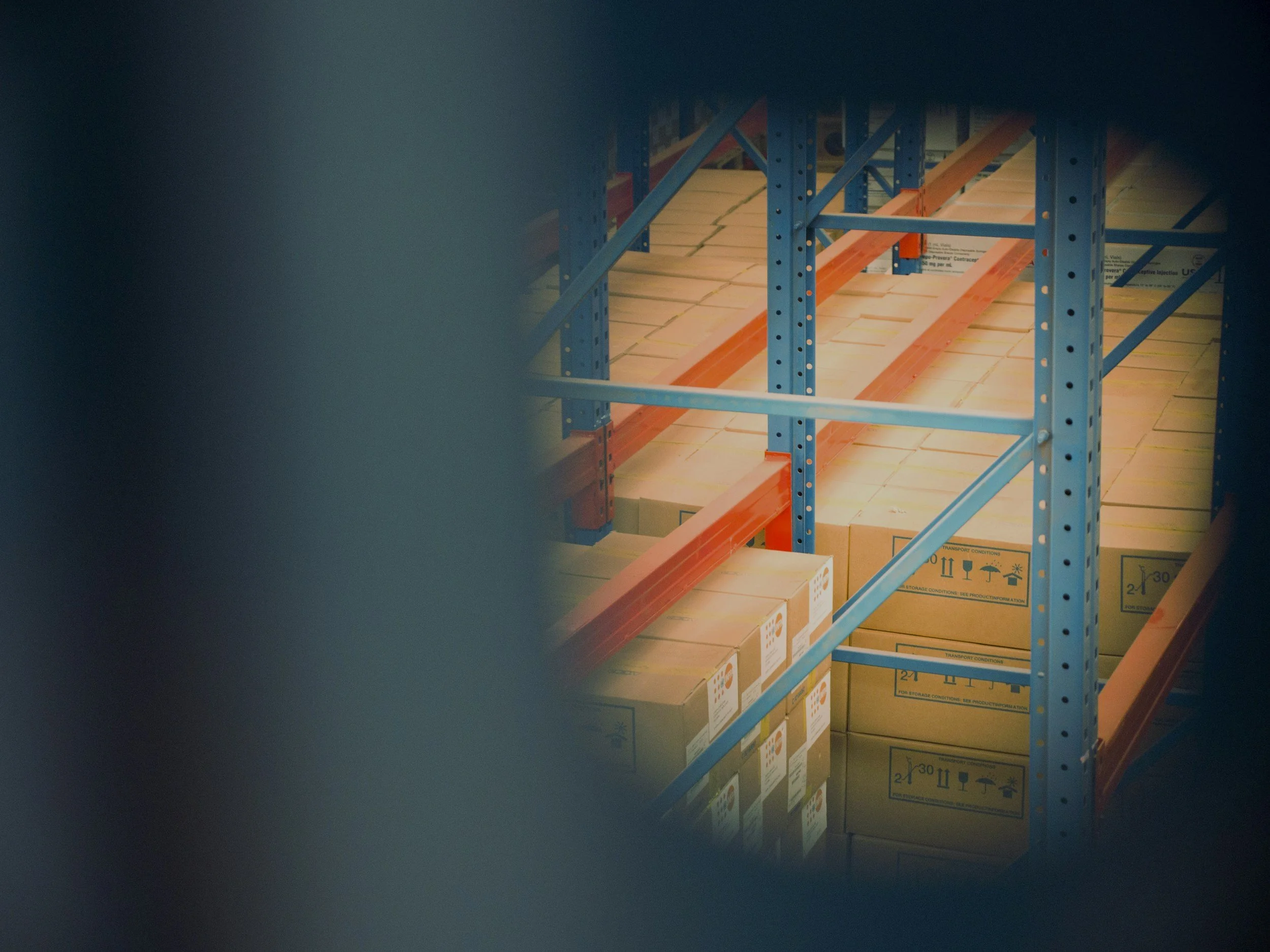In this issue, we spotlight our seminal report on how to fix America’s shipbuilding crisis, Charting a New Course: Steering U.S. Maritime Policy Towards Security and Prosperity. We also explore how Apple’s development of its own modem chip illustrates why we need more aggressive antitrust. And we link to two new articles, that detail how liberal democrats can retake power and rebuild a democratic republic.
Read MoreReporter Austin Ahlman argues that while the corporate pullback from Pride events poses financial challenges, it also presents a chance to reclaim Pride from corporate co-optation and restore its radical, community-driven roots.
Read MoreSenior legal analyst Daniel Hanley and industrial policy program manager Audrey Stienon provide insight that to achieve democratic and resilient economies during periods of transition, governments must integrate competition policy into industrial strategy to prevent monopolies, curb corporate resistance to change, and ensure broad, equitable market outcomes.
Read MoreCJL Director Courtney Radsch joined the League of Women Voters series to discuss how Big Tech, AI, and media market concentration threaten journalism and democracy in the digital age.
Read MoreIn this issue, we explore how copyright protections, currently under threat from the Trump administration, stand as a bulwark against Big Tech‘s use of copyrighted material to turbocharge AI growth.
Read MoreSenior reporter Karina Montoya warns that Shira Perlmutter’s firing reflects Big Tech’s campaign to undermine copyright safeguards, as AI giants seek to freely exploit creative works without consent or accountability.
Read MoreLegal director Sandeep Vaheesan publishes a major review critiquing Abundance by Ezra Klein and Derek Thompson for promoting deregulation as a primary solution to societal challenges like housing shortages and the transition to renewable energy.
Read MoreReporter Austin Ahlman warns that the Trump administration is aggressively advancing Elon Musk’s Starlink monopoly over global communications, urging regulators to counterbalance his growing dominance.
Read MoreEurope director Max von Thun co-authors a piece to argue that Europe should focus on protecting democratic values and reinforcing competition laws, rather than pursuing deregulation that could further entrench the dominance of global tech giants.
Read MoreCJL Director Courtney Radsch participates in the publication of a policy brief that G7 nations must strengthen competition oversight and adopt strict AI liability rules to curb market concentration, ensure fair access to resources, and protect consumers from high-risk AI harms
Read MoreCJL director Dr. Courtney Radsch joined an expert Q&A hosted by The Foreign Policy Centre and Leiden University, marking 100 days into President Trump’s administration.
Read MoreCJL director Courtney Radsch argues that democracies can curb the rise of tech-powered authoritarianism by holding billionaires like Trump and Musk accountable through regulation and antitrust laws.
Read MoreOpen Markets Institute signed onto a letter expressing concerns that trade negotiations could undermine UK parliamentary sovereignty and democracy, particularly in relation to regulations like the Online Safety Act and the Digital Markets, Competition, and Consumers Act.
Read MoreExecutive director Barry Lynn criticizes the new FTC leadership shift, saying President Trump is prioritizing the interests of powerful corporations over those of the American public.
Read MoreLegal Director Sandeep Vaheesan delivers a clear-eyed response to the abundance agenda, pointing readers to a better approach that he has explored extensively.
Read MoreOpen Markets submitted a letter advocating for the Consumer Grocery Pricing Fairness Act to level the playing field for independent grocers by curbing discriminatory pricing practices from large retailers like Walmart and Amazon.
Read MoreIn this issue, we look at how the Trump DOJ’s pursuit of a Google breakup could help rewrite the rules of the internet and AI for the future.
Read MoreTransportation analyst Arnav Rao warns that targeting Chinese shipping could disrupt global supply chains and escalate economic tensions.
Read More

















